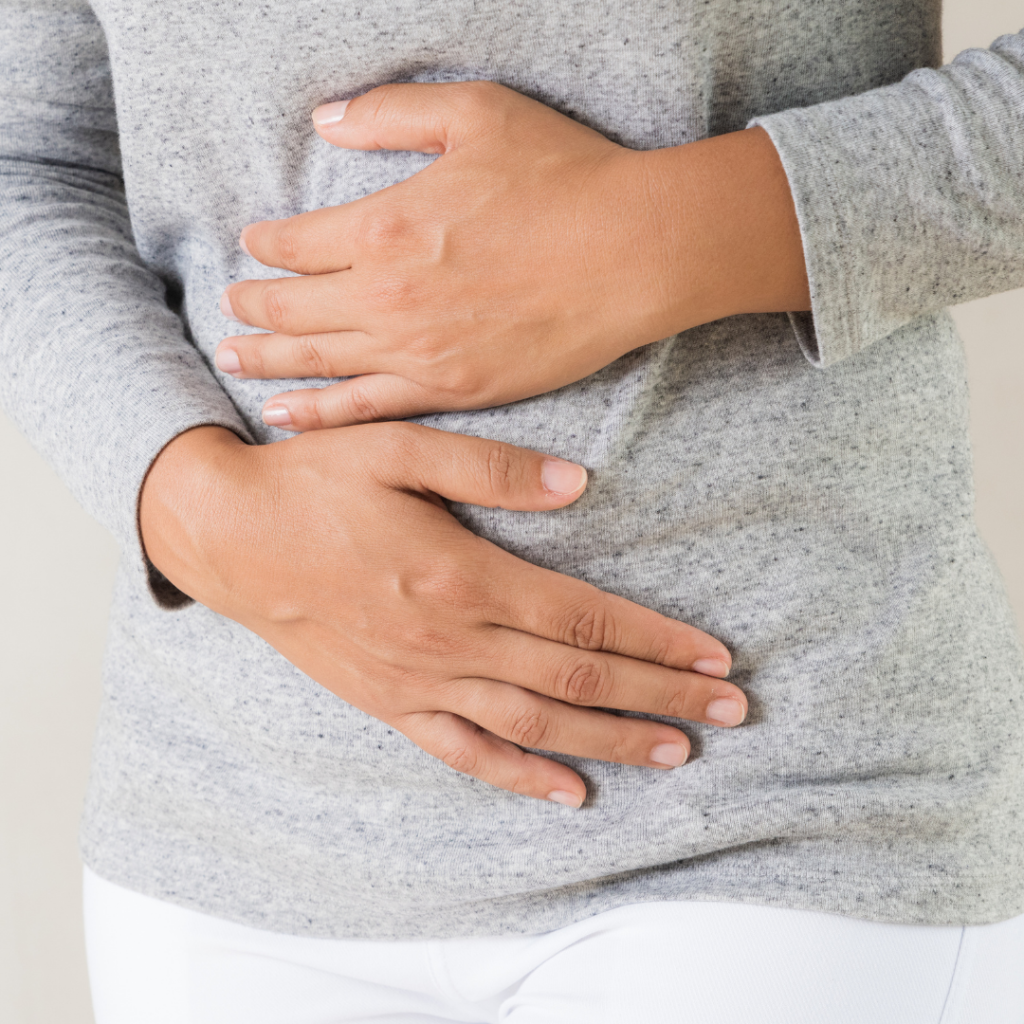| Bloating is probably the most common digestive complaint we see here at SFIM.
Occasional bloating can be normal, but if you experience bloating after every meal, when you first wake up in the morning, and it is accompanied by other symptoms, there is probably something that needs to be addressed. Don't assume the worst-case scenario. If you experience bloating, there are some common reasons for it, and there are some steps you can take to reduce it. |
The mere fact of eating food and having abdominal organs can cause bloating
It's not normal to have a completely flat stomach all day long while eating enough calories to maintain your health. Now that we've got that sorted out. There are also some other functional but non-problematic reasons why you might be bloated.
Here are just a few of them:
- eat too quickly
- eat too much
- diet rich in sodium and carbohydrates
- drink carbonated drink
- The menstrual cycle is about to begin
If you've checked all of these items off your list and are still suffering from bloating, here are some other health reasons for bloating that you should investigate further:
- Lactose or gluten intolerance
- constipation
- Imbalance of intestinal bacteria
- little stomach acid
- Food sensitivity
To find out whether any of the above factors really play a role, work with our digestive specialist Dr. Bezjak insights, education, test evaluation and a treatment plan.
Practical tips against flatulence
If your bloating has a serious cause, these tips won't help you. But if they don't help, it can also be a litmus test that the problem is more complicated and it's time to call in a professional.
Tip #1 – Practice good eating habits.
Bloating often occurs because your body has difficulty digesting your food properly and efficiently. When food travels through your digestive tract before you can fully digest it, your gut bacteria can access it freely, which can lead to bloating. To minimize this, make sure you activate your parasympathetic nervous system (the good old rest and digest) when you eat. Do not eat on the go, take two to three deep breaths before eating at the table and chew your food thoroughly
Tip #2 – Eliminate bloating triggers.
Unfair fact – some foods cause bloating no matter who we are. Foods like gluten, dairy, sugar alcohols, and starches simply cause us to become more bloated than other foods. If bloating is affecting your daily life, try eliminating these foods from your diet for a while and watch for improvement.
Tip #3 – Determine which foods you are sensitive to.
If you have basic food intolerances, this will inevitably lead to bloating. You can use a food diary to try to figure out what sensitivities you may have. If you are sensitive to a certain food, eating that food will cause inflammation in the gastrointestinal tract, leading to problems digesting and absorbing all foods. Flatulence occurs.
Tip #4 – Treat underlying intestinal infections.
An imbalance in the microbiome is one of the main causes of bloating. Whether it's a bacterial imbalance, a parasitic infection, or something else, figuring out what's actually going on in your gut and treating it accordingly is the best solution to eliminating bloating.
If you're struggling with bloating and other digestive issues, know that you're definitely not alone. We hope you learned something that can help you on your journey to better digestive health.
If you still need help and guidance after implementing these tips, write to us, we will be happy to help you!


